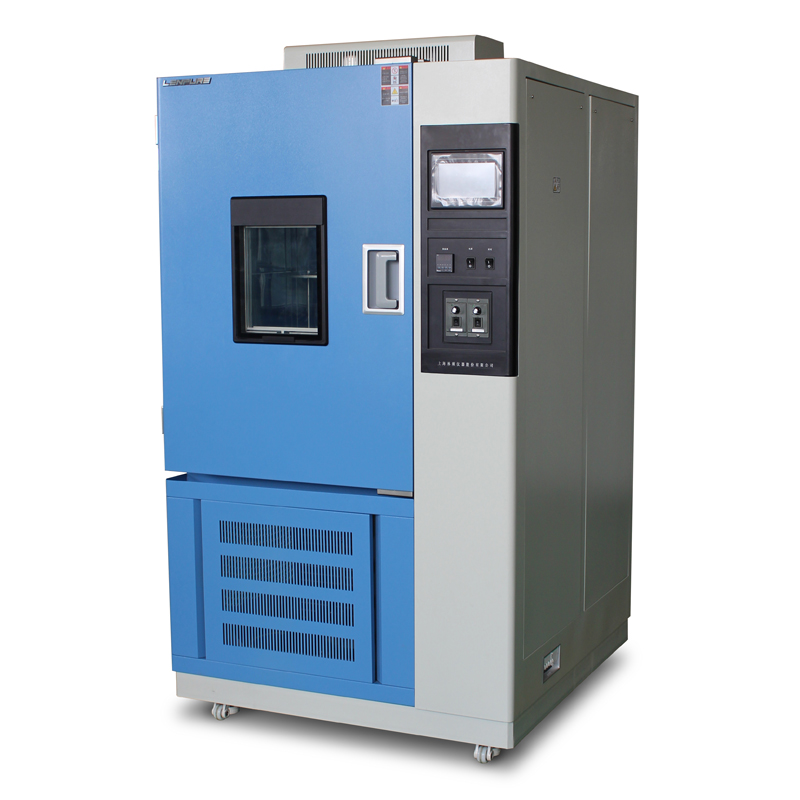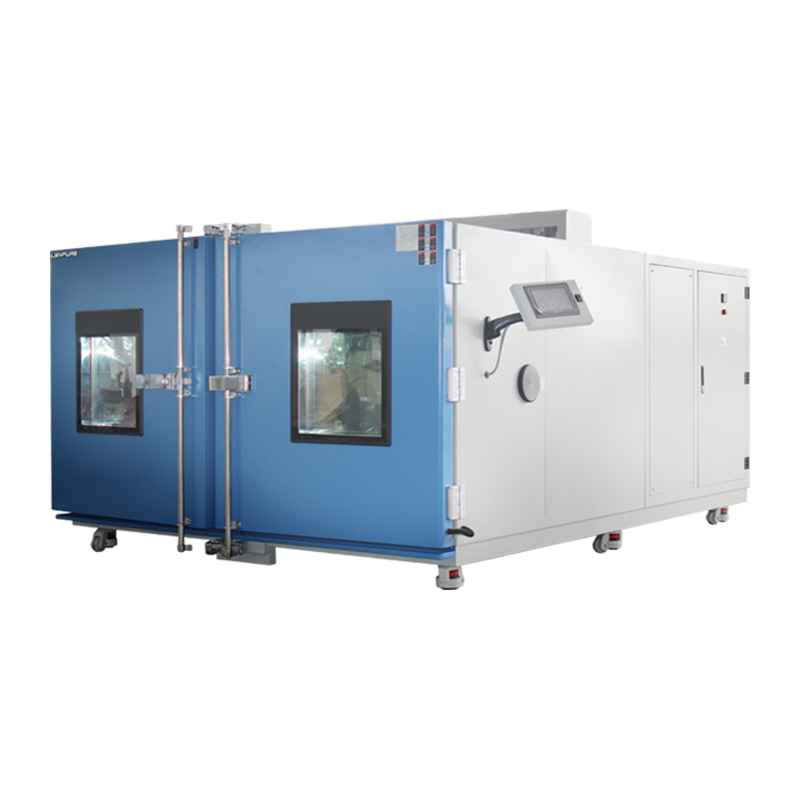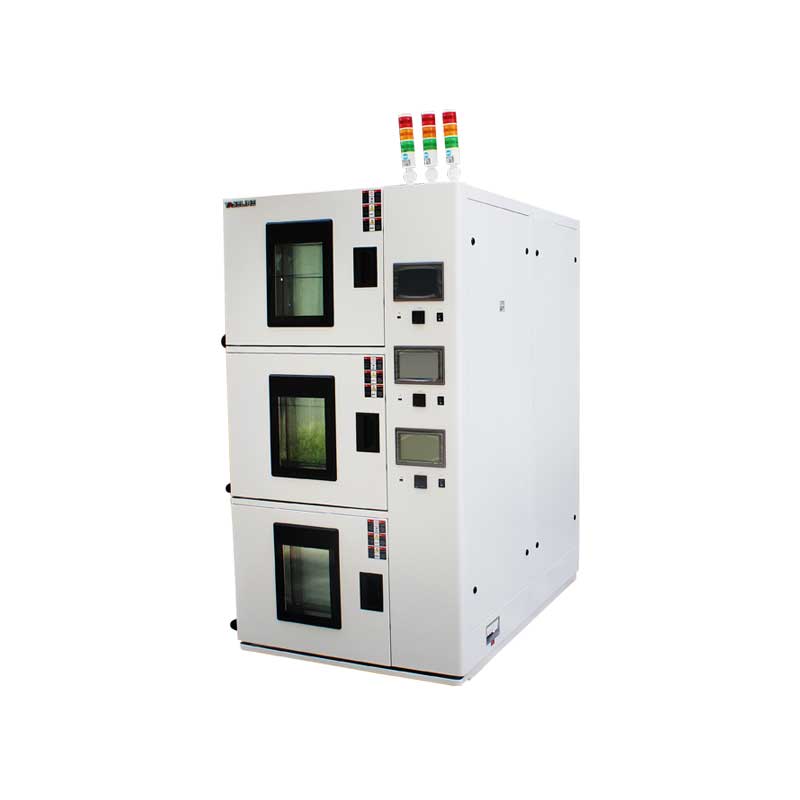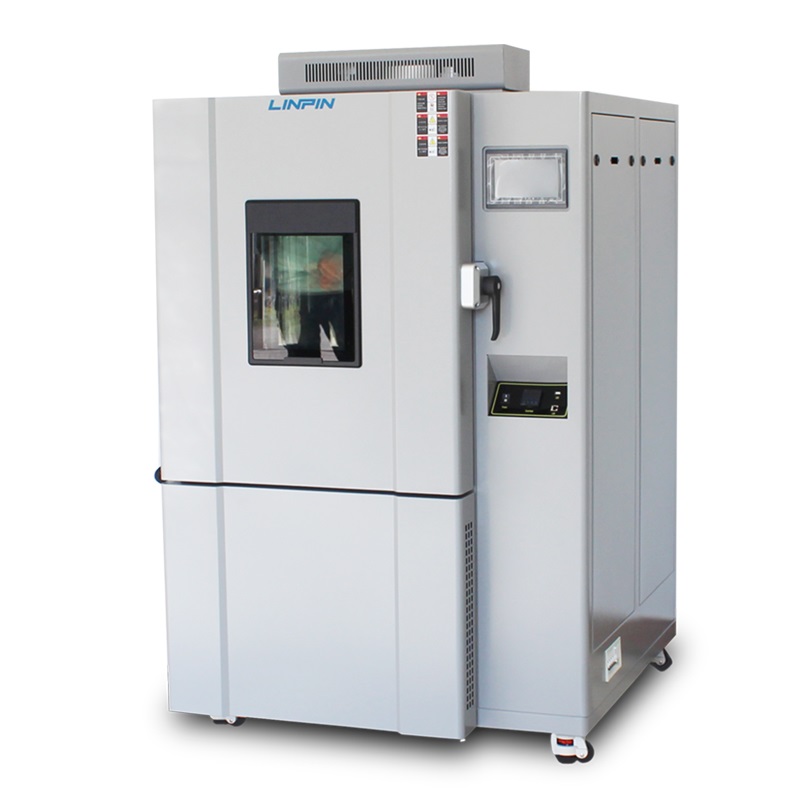Ozone Aging Test Chamber: Achieving Standardization in Product Quality
Author:LINPIN Update Time:2025-07-07 Source:LINPINIn today's highly competitive market, product quality has become a critical factor for the survival and growth of enterprises. To ensure the reliability and stability of products under various environmental conditions, many companies are turning to specialized testing equipment. Among these, the ozone aging test chamber stands out as a powerful tool for achieving product quality standardization, thanks to its exceptional performance and wide range of applications.
The Importance of Ozone Aging Test Chambers
Ozone is a highly oxidizing gas that is widely present in the atmosphere, particularly in areas with intense ultraviolet radiation. For products made of polymer materials such as rubber and plastics, ozone exposure can lead to significant degradation, including cracking, hardening, and brittleness, ultimately affecting product lifespan and safety. Therefore, conducting ozone aging tests—simulating real-world ozone exposure—is essential for evaluating a product’s ozone resistance.
Functions and Advantages of Ozone Aging Test Chambers
The ozone aging test chamber is a specialized device designed to simulate ozone environments and conduct accelerated aging tests on products. It offers the following key functions and advantages:

1. Precise Ozone Concentration Control
Equipped with advanced ozone generators and concentration detection systems, the test chamber allows users to accurately set ozone levels (e.g., 50ppm, 100ppm) according to industry standards or specific requirements. This ensures consistent and reliable test conditions, closely mimicking real-world aging effects.
2. Adjustable Temperature and Humidity
Temperature and humidity significantly influence material aging. The ozone aging test chamber features precise control systems, enabling users to set optimal conditions based on material properties. For instance, rubber products may require higher temperatures to accelerate aging, while humidity-sensitive materials need strict moisture regulation.

3. Constant Tensile Stress Application
For products like rubber seals and tires that require testing under tension, the chamber can apply constant tensile stress via built-in stretching mechanisms. This simulates real-world mechanical stress, providing a more comprehensive assessment of ozone resistance.
4. Automated Testing Process
The chamber operates with high automation—once parameters are set, it autonomously controls ozone concentration, temperature, humidity, and tensile stress. This reduces human intervention, improves efficiency, and minimizes errors, ensuring repeatable and accurate test results.
5. Detailed Data Recording and Analysis
During testing, the chamber continuously logs key parameters (ozone concentration, temperature, humidity, etc.), storing data internally or transmitting it to external computers. Advanced analysis software helps visualize performance trends, offering valuable insights for product design and process optimization.

The Role of Ozone Aging Test Chambers in Enterprise Quality Control
1. Enhancing Product Quality
By identifying weaknesses in ozone resistance, companies can refine material formulations—such as adding anti-ozonants to rubber—to extend product life and improve reliability.
2. Mitigating Quality Risks
The chamber’s simulations provide actionable data, helping businesses assess and mitigate risks. For example, automotive manufacturers can screen components to prevent ozone-induced failures, reducing warranty claims and safety hazards.
3. Boosting Competitiveness
Advanced ozone aging testing enables superior quality control, fostering consumer trust and market share. It also supports R&D, allowing companies to innovate and launch more competitive products.
4. Strengthening Brand Reputation
Commitment to rigorous testing enhances corporate image and brand value. Electronics manufacturers, for instance, can showcase ozone-resistant products, reinforcing consumer confidence and loyalty.
The ozone aging test chamber is a vital tool for standardizing product quality. It empowers enterprises to evaluate ozone resistance, optimize designs, reduce risks, and strengthen market positioning. As competition intensifies, this equipment has become indispensable for sustainable quality improvement and long-term success.





